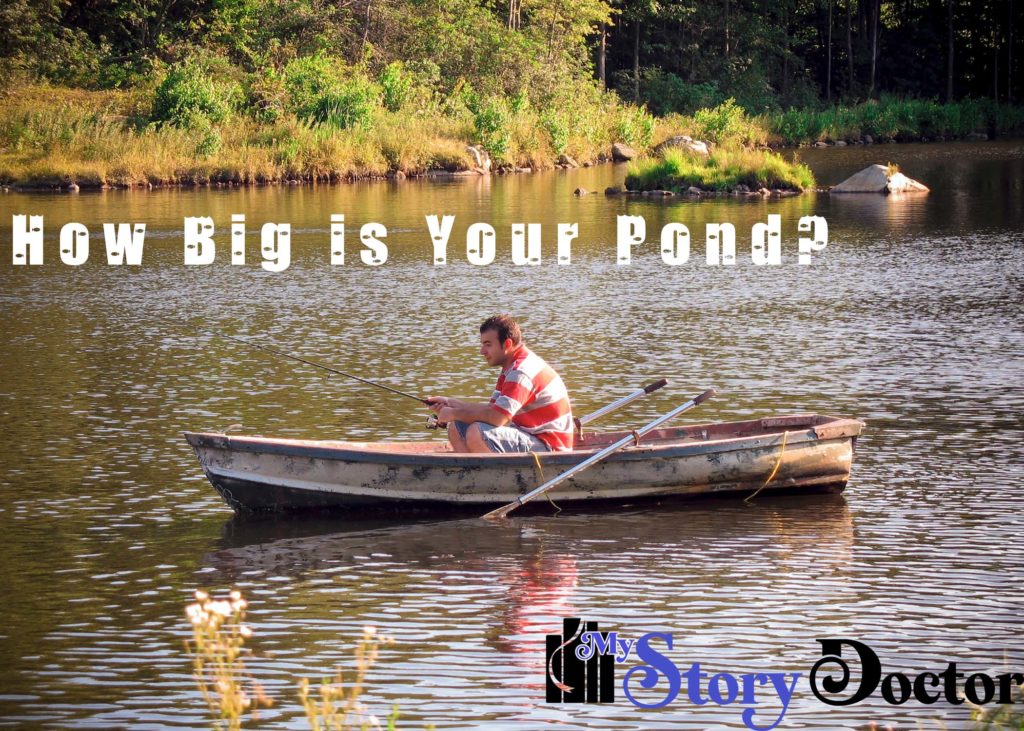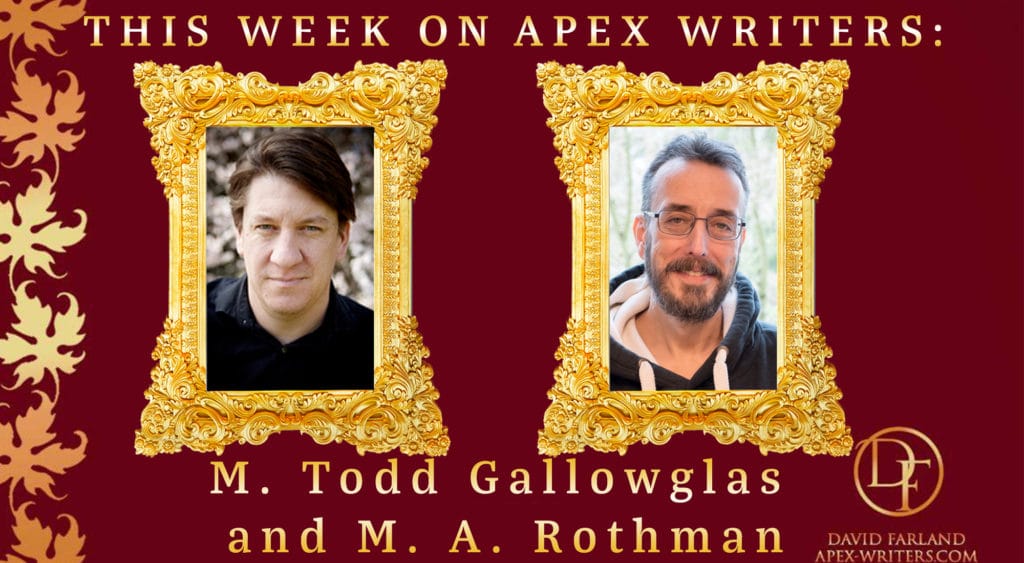Many new authors feel torn between two loves. They might ask, “Should I write science fiction, or should I focus more on young adult novels? Which way should I go?” There are three answers to this question.
You should be aware that this really is a big problem. I know many authors who start writing for small markets, only to realize that they can’t make a living in that market. For example, one author who pens religious fiction for a small church recently came to me for help, trying to figure out how to crack the national thriller market. He was one of the best-sellers in his pond, but it is a very small pond. So far, he is still struggling to make it big. Another who was writing little novels about kids on sports teams wanted to move into YA fantasy—and fortunately he was able to quickly transition into a much larger pond. He went from making perhaps $10,000 per novel to making, literally, millions.
So, here is my advice:
Write What You Love the Most
When you love one particular genre more than another, you will usually invest yourself into it more fully, master it more quickly, and develop a name. It is possible to write a truly monumental novel in just about any genre. So if you’re 80% drawn to, say, science fiction and only 20% drawn to young adult, the choice should be easy, right?
But hold on just one moment!
Yesterday I read a piece of advice that said, “Write what you love.” The author pointed out that when George R. R. Martin wrote Game of Thrones, the fantasy genre was “mostly dead.” He stated that when Rowling wrote Harry Potter, she was writing the same Middle Grade story about a wizard school that had been written dozens of times before, and no one expected it to go big.
However, I have to say this. When Martin wrote Game of Thrones in 1996, fantasy was doing quite well. Robert Jordan, Terry Brooks, Terry Goodkind, Stephen Donaldson, and a host of others were all making a very good living in the field. That was just about the time that I jumped into it. So it wasn’t “mostly dead” at that time, it was the healthiest that it had ever been.
And with Rowling? She was writing Middle Grade, jumping into a pond that is quite large, where authors often do strike it rich. For example, when R.L. Stine wrote in the Goosebumps series in the mid-1990s, he captured 45% of all sales in his market for a time, making tens of millions. Now, it’s true that others had written novels about schools for wizards (heck, I began writing one when I was 17), but Rowling’s love for the idea really did shine through. Hers was by far the best.
So really loving a genre is important, but it helps immensely if that genre is already huge.
It is even possible to resurrect a dead genre. A good example of this was Larry McMurtry’s Lonesome Dove. When he wrote it and won the Pulitzer Prize in the 1980s, the Western genre had been all but abandoned by New York Publishers. Fifteen years ago, my editor at Tor pointed out that he was one of only two editors in New York who still published Westerns. As far as ponds go, the Western genre is one of the smallest. Yet you can sometimes make a good living writing in mud puddles.
Write What Makes Economic Sense
Look at the genre that you feel drawn to. Are any writers making a living in that field? Check out the news magazines for the field by going to publishersmarketplace.com or Publishers Weekly to find out what kinds of advances authors are getting. That will tell you something about the health of the field.
Let’s say that you want to write space opera but you’re also drawn to dystopian YA. Look at how much space operas are bringing. Can you really live off an advance of $30,000 per year for your books? If you’re the major breadwinner in your family, probably not. Meanwhile, if you could be pulling in a couple of hundred thousand per book by writing dystopian YA, then the YA market appears healthier.
So if you’re 50/50 on which field to write in, money might sway you. Just be aware that genres are always shifting in popularity. Editors right now are getting a little jaded about dystopian YA, and it might be more difficult to sell this year than it was three years ago. So try to stay educated on your markets.
Write in Both Fields
Choosing a field doesn’t have to be an either/or proposition. If you’re prolific, if your mind is agile, if you have the energy and desire, it is possible to write in more than one field at a time. Just about anything is possible.
I used to know a writer some thirty years ago who made a living selling short fiction—under nearly 30 pen names. He had one moniker for when he wrote for Christian Science Monitor and another that he used for writing for Hustler. One world-renowned poet that I used to know also wrote episodes for the television show Dr. Who. An award-winning fantasy novelist that I know also scripts episodes for cartoons. An acclaimed horror writer ghost writes autobiographies for celebrities.
So if you’re worried about which field to write in, perhaps you shouldn’t worry too much.
I like Kevin J. Anderson’s “popcorn theory” of writing. He suggests that you write a lot of books and see which one “pops” first. Write a dystopian novel and send it out, then pen that science fiction book you’ve been wanting to do.
Spend less time worrying about what to write, and just write!
On Tuesday August 31st, M. Todd will be talking about “Respect, not Reverence” – How to keep hero-worship from getting in the way of continuing to grow as a writer.
And on Saturday September 4th, M. A. Rothman will be speaking about “Making a List Run” – Hitting the bestseller lists as an Indie. Live and past record calls available at www.apex-writers.com!









